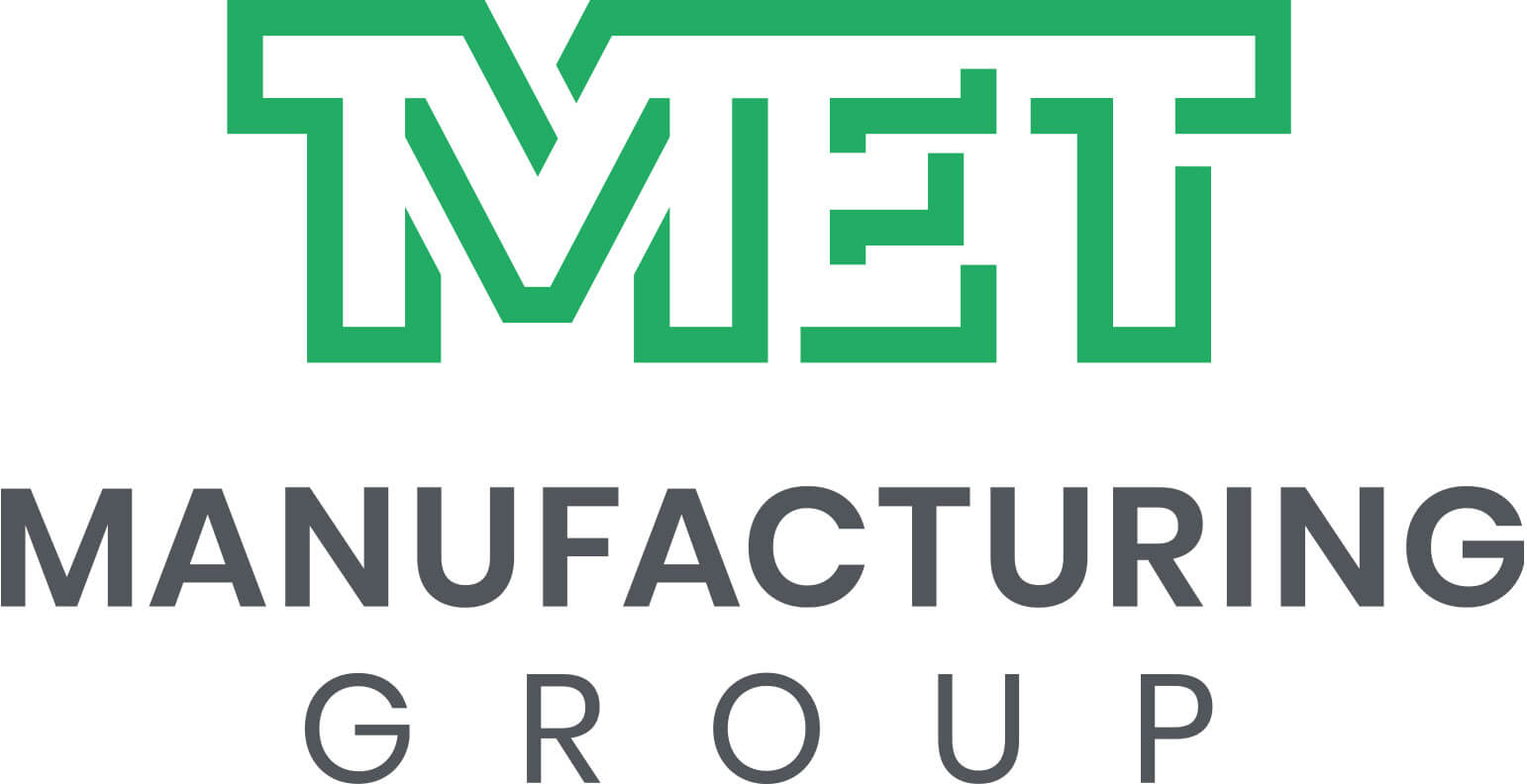Photochemical etching (also referred to as chemical milling) is a precise manufacturing process to create intricate patterns or shapes on metal sheets. It utilizes a photosensitive material (photoresist) applied to the surface before placing a photographic mask on top. This combination is exposed to UV light to undergo a chemical reaction, leaving behind the desired pattern on the metal.
The following industries utilize the photochemical etching capabilities:
1. Aerospace
The aerospace industry demands precision components to ensure the safety and performance of aircraft and spacecraft. Etching is often used to manufacture complex, lightweight parts such as brackets, gears, and shims. The process also allows for the creation of thin and heat-resistant turbine blades and heat shields with precise cooling channels.
In the satellite industry, weight reduction is important to achieving cost-effective launches and efficient in-orbit operations. Photochemical etching can create portable yet sturdy satellite components, including solar cell frames, reflectors, and waveguides. It can also produce fuel cell plates and battery parts with precise flow channels and electrical paths.
2. Automotive
The automotive industry utilizes chemical milling primarily in the production of vehicle parts. This technology is crucial in manufacturing gaskets, shims, and filters, ensuring precise fit and functionality in motor vehicles. It also creates compact and durable fuel injector nozzles and transmission mechanisms to enhance fuel efficiency and performance.
3. Electronics
The electronics industry heavily relies on etching technology for various applications. One of these is the production of printed circuit boards (PCBs). The process forms precise and intricate copper traces on PCBs, allowing for the efficient connection of electronic components. This ensures fine detail and high precision, which is crucial for the performance of gadgets and devices.
Electronic devices also typically require shielding against electromagnetic interference (EMI) and radio frequency interference (RFI). Chemical milling creates EMI/RFI shielding components that prevent signal interference in sensitive electronics. It also fabricates heat sinks with intricate designs to maximize heat dissipation.
4. Medical Device Manufacturing
The medical field requires implants and prosthetic components that are biocompatible, lightweight, and precise. Chemical etching is utilized to fabricate these tools and devices, ensuring that they meet patients’ specific anatomical and functional requirements. It also enables the production of microfluidic channels and structures, making it valuable in developing diagnostic equipment.
Medical devices are also becoming smaller, particularly for implantable sensors and remote monitoring. Photochemical etching helps fabricate tiny electronic components with complex circuits and connections. It also offers a cost-effective and efficient way to create healthcare prototypes. This facilitates customization to meet the unique needs of patients and medical applications.
5. Military and Defense
Chemical milling is used to produce intricate and lightweight components utilized in various defense systems assemblies, such as air force and naval equipment. It is also vital in manufacturing radar parts, electronic enclosures, and shielding materials for sensitive electronic equipment, ensuring optimal performance and protection. In addition, it enables the creation of custom tools tailored to specific military and defense needs.
6. Telecommunications
Photochemical etching is used in the telecommunications industry to construct modules for various communication devices and infrastructure. This entails designing connectors and contact springs used in cables to enable reliable signal transmission. This method also produces waveguides and RF/microwave parts, where precision is essential for signal integrity.
Partner With MET Manufacturing Group for Your Etching Needs
MET Manufacturing Group specializes in photochemical etching for thin gauge, precision sheet metal applications. Aside from the abovementioned industries, we also serve to the following industry applications:
- Semiconductor
- Alignment and quality systems
- Pressure sensors
- Prototyping
- Custom model work
- Custom metal art
- Scrapping dies
- Electrical equipment
In addition, our team offers value-added services of forming, plating, heat treating, kitting, and specialty packing for our etched products. We pride ourselves on delivering active customer service, competitive lead times and pricing, and building long-term client partnerships.
Contact us today or request a quote to get started with us!

Comments are closed